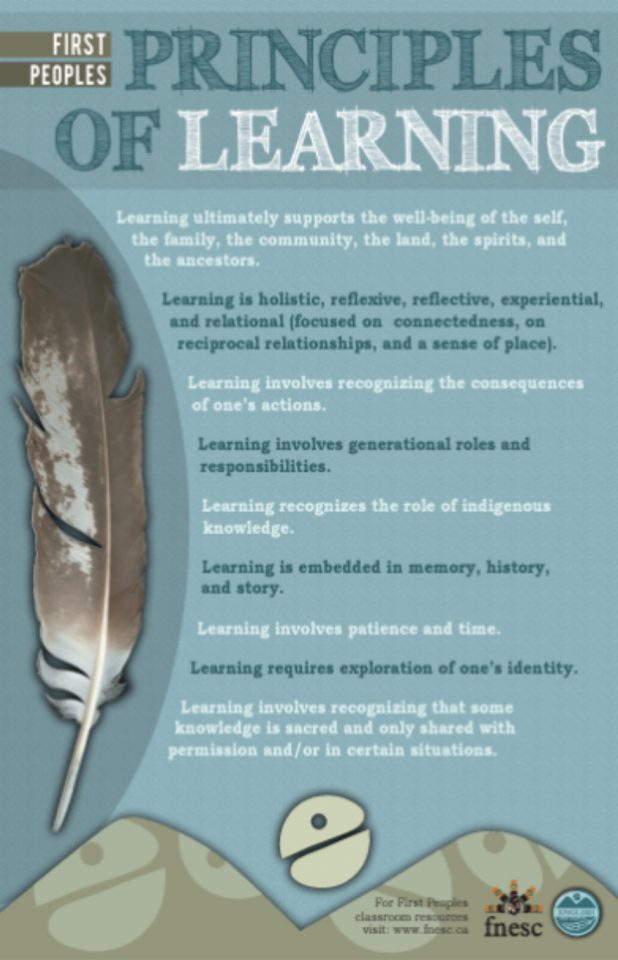
MET VIRTUAL INCLUSIVE MAKERSPACE
MET Land Acknowledgement Statement
The Master of Educational Technology (MET) Program at the University of British Columbia is situated on the unceded traditional territories of the [xʷməθkʷəy̓əm (Musqueam), Sḵwx̱wú7mesh (Squamish), and səlilwətaɬ (Tsleil-Waututh)] Nations. Within this virtual and connected inclusive makerspace, we wish to acknowledge our traditional hosts and honour their welcome and graciousness to the peoples who seek knowledge here. Many people working, living, playing, and visiting these lands are uninvited settlers and as such are encouraged to do the difficult and needed work of becoming allies and accomplices of this work.
At MET, we are committed to the ongoing research and self-education about Indigenous ways of learning, knowing, and doing and are diligently and humbly doing the work of decolonizing our personal and professional practice. In this space, it is acknowledged that the profession of education has profound roots in colonial violence and it is the responsibility of all uninvited settlers to meaningfully engage in the ongoing process of disrupting Eurocentric, hegemonic and colonialist norms, systems, and structures by demonstrating the values of decolonization, anti-racism, and anti-Indigenous education. The disruption of such practices is achieved by combating the systemic erasure of Indigenous Peoples’ values, ways of life, and knowledge/ways of knowing. Decolonization takes time and effort. The goal within this virtual space is to share ways to decolonize the work makers do by pushing back against colonialist messages, power structures and institutional structures, and give priority to Indigenous ways of knowing.
Inclusive makers need to consistently be cognizant about the ways in which they are using the materials and resources of this land. As part of a collective imperative to elicit change and move from talk to action through the process of truth and reconciliation, it is the profound duty of all individuals living, working, studying, playing, and making on this land to reflectively consider the choices that they are making and the materials and resources being used, with a directive to be more sustainable in their practice. Before using materials for making, carefully plan out how the material will be used, why the material or tool will be used in the way that it will, and how the product will contribute to a sustainable future. We only have one Earth and Indigenous peoples honour and value mother Earth; as makers, it is imperative that every visitor to this land embrace the First Peoples Principles of Learning and do the same.

The MET community honours the land for which we are privileged to call home and we reflect on the impact that we have on the spaces we take up. We ask that you take the time in this virtual inclusive makerspace website to learn about the land on which you live, play, work, and honour by investigating Whose Land You are Occupying. You will also want to engage with the content on ReconciliACTION on Land Acknowledgements.
Additional Resources:
CAUT (2017). Guide to Acknowledging First Peoples & Traditional Territory. Ottawa: Canadian Association of University Teachers
CAUT (2016). Guide to Acknowledging Traditional Territory. Ottawa: Canadian Association of University Teachers.
Wilkes, R., Duong, A., Kesler, L., & Ramos, H. (2017). Canadian university acknowledgment of Indigenous lands, treaties, and peoples. Canadian Review of Sociology/Revue canadienne de sociologie, 54(1), 89-120.
Vowel. C. (2016). Beyond land acknowledgements. Apihtawikosisan: Law, language, life: A Plains Cree-speaking Metis Woman in Montreal. Source
